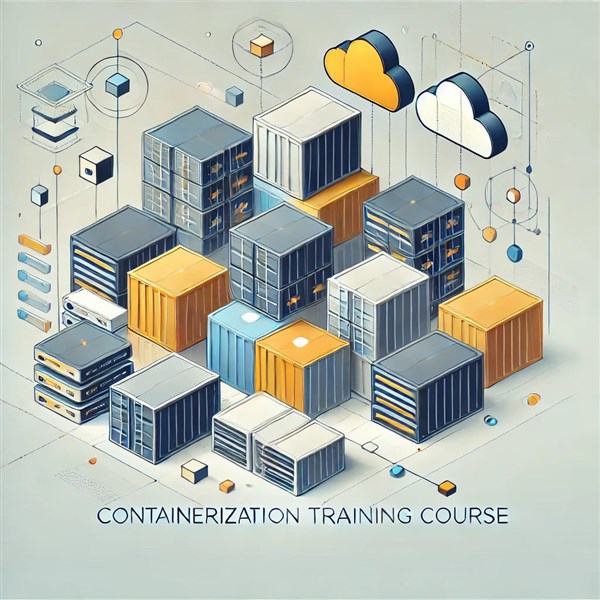Unable to find what you're searching for?
We're here to help you find it
As businesses increasingly adopt cloud-native architectures, the need for skilled professionals in containerization continues to grow. Whether you're a DevOps engineer, software developer, system administrator, or cloud architect, learning how to build, deploy, and manage applications in containers is now a critical skill.
Containerization training is designed to bridge that skills gap by teaching individuals how to work with modern technologies like Docker, Kubernetes, and other tools that streamline application delivery. But what exactly can you expect to learn from a containerization course?
In this post, we’ll walk you through the top skills you’ll gain from a containerization training course and why they matter for your career and organization.
Before diving into the skills, let’s quickly define what containerization is.
Containerization is the process of packaging an application along with its dependencies, configuration files, and libraries into a single, lightweight executable unit called a container. Unlike traditional virtual machines, containers share the host OS kernel, making them:
Tools like Docker, Kubernetes, and Podman are the backbone of containerization in today’s software ecosystems.
The software world is shifting to microservices, CI/CD, and hybrid cloud environments. Containerization is the key enabler of this transformation. With the right training, you’ll gain the ability to:
Now, let’s explore the top skills you'll develop during a containerization training course.
Most containerization training programs begin with Docker, the most widely-used container platform. You’ll learn to:
These skills are foundational for anyone working with containers. Once you’re comfortable with Docker, you can apply those concepts across other tools and platforms.
It’s not just about creating containers—you need to manage them throughout their lifecycle. Training will teach you how to:
You’ll also learn about best practices for container hygiene, such as minimizing image size and avoiding privileged containers.
Once you’ve mastered Docker, the next step is orchestration—managing containers at scale using Kubernetes. You’ll gain hands-on experience with:
Kubernetes is the de facto standard for container orchestration in production environments, so this skill is extremely valuable.
Modern development workflows rely on Continuous Integration and Continuous Deployment (CI/CD). Containerization training often includes:
These skills help you deliver software faster and more reliably, which is a must in today’s agile environments.
Security is crucial in containerized environments. You’ll learn how to:
These practices help protect against common container threats and comply with security standards.
Most containerization training will include cloud-native deployment strategies, teaching you how to:
Understanding how containers operate in public cloud platforms is essential for modern DevOps and cloud roles.
Containers are a natural fit for microservices. In your training, you’ll learn how to:
These concepts are key to building resilient, modular applications in production environments.
Running containers at scale means you need visibility into their behavior. Training will cover:
Monitoring ensures your containerized apps run smoothly and reliably in production.
You’ll also learn how to test containers and services before going live:
This approach improves software quality and enables faster releases.
Lastly, containerization training introduces you to a wide range of tools that are part of the broader ecosystem:
Exposure to these tools helps you build, test, deploy, and manage containers like a pro.
💼 Career Benefits of Containerization Training
Containerization is one of the most in-demand skills in tech. With containerization training, you can pursue roles such as:
According to job portals like LinkedIn, these roles often command $100K+ salaries, especially with certifications like Docker Certified Associate or CKA (Certified Kubernetes Administrator).
✅ Final Thoughts
A containerization training course doesn’t just teach you how to use Docker or Kubernetes — it equips you with a full suite of modern DevOps and cloud-native skills. From creating and managing containers to orchestrating them at scale and deploying them across multi-cloud environments, these skills are essential for anyone working in software today.
Whether you're just starting out or looking to level up your career, containerization training is a smart investment with long-lasting returns.
Koenig Solutions, a leading IT training company, offers a comprehensive range of certification and training courses in top technology courses, including containerization. With a focus on practical learning and industry-relevant skills, Koenig Solutions is the perfect platform to kickstart or advance your IT career.

Aarav Goel has top education industry knowledge with 4 years of experience. Being a passionate blogger also does blogging on the technology niche.










